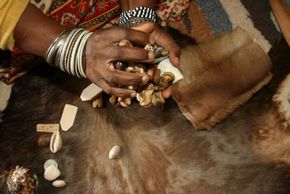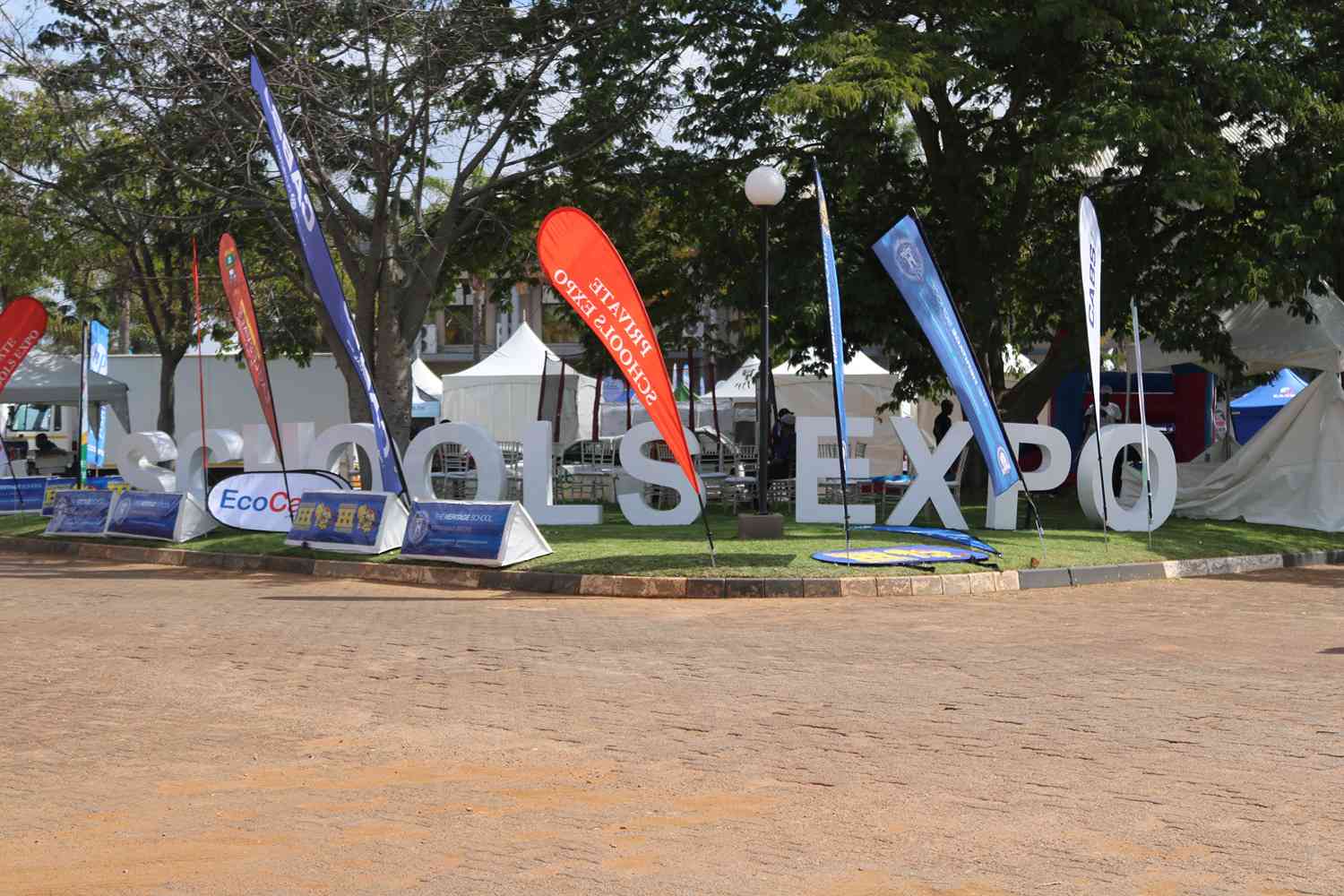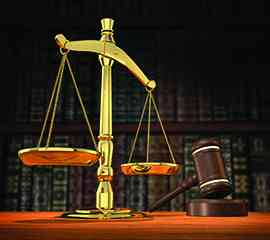
THE pain that is etched on her face gives her a gauntly look. Tears fill her sunken eyes before they fall unbidden down her hollow cheeks.
BY PHYLLIS MBANJE
“The tsikamutandas [witch hunters] called me a witch in front of the whole village, my whole family was there,” said 63-year-old Keresencia* from Masvori village in Chiwundura communal lands in Midlands province.
From that day when she was labelled a witch, even her close friends started shunning her.
She explained how it all started: “They came to our village in April and a meeting was held. I did not worry because I knew that I was not a witch and had never practised witchcraft.”
The villagers were told that traditional leaders in the area had given their blessings to the men who claimed to possess powers to heal, sniff out witches and kill sandawanas [goblins].
But to her horror, Keresencia was labelled a witch responsible for the death of most of her family members.
Her family paid the three beasts that the “fraudsters” asked for to conduct an exorcism that would strip her of the “witch spirit”.
- Chamisa under fire over US$120K donation
- Mavhunga puts DeMbare into Chibuku quarterfinals
- Pension funds bet on Cabora Bassa oilfields
- Councils defy govt fire tender directive
Keep Reading
“I refused to go through the process because I knew that those tsikamutandas had lied,” she said. “It is common knowledge that most of my late relatives succumbed to the dreadful disease, Aids.” Angered by her defiance, the family then chased her away from the family compound.
They built for her a shack on the periphery of the village. “They have ‘poisoned’ my children against me and they no longer want to see me,” she told Standardcommunity.
Her family ostracised her and barred her from accessing food from the family granary.
She survived on handouts from well-wishers who only came in the cover of darkness, for fear of being reprimanded by the other villagers. Her plight is not in isolation as there are many, mostly women, who have been wrongly accused of being witches by witch-hunters in the country.
Police later swooped down on the three alleged witch-hunters — Stewart Seramwe, Mufundisi Sekandeni and Tawanda Dzhori — and charged them for contravening Section 99 of the Criminal Law (Codification and Reform) Act, which makes it an offence for any person to accuse another of practising witchcraft.
The trio had covered 39 villages in Chiwundura before the arrest. While the law is clear on that no one should accuse another of being a witch, most people still trust the witch-hunters to solve their social problems. They have wreaked havoc in communities such as Gokwe, Chikomba district, Zishavane and Chiwundura.
Not only have they fleeced the public of their hard-earned cash, they have also torn families apart by their accusations.
The village heads have been blamed for giving reign to the “fraudsters” who demand three beasts or US$350 as payment for their services.
Police have repeatedly warned the public, but owing to supersitious beliefs, many still believe that the witch-hunters have real supernatural powers.
Last week, villagers from Gokwe South demanded a meeting with the police and told them that they wanted the services of the tsikamutandas.
In a similar situation, villagers from Chikomba also resisted efforts by police to stop the activities of these witch-hunters. A local headman, Matienga Mukapairi Mhurushomana allowed them to conduct a “cleansing ceremony”.
“If their services are above board, how come they seem to avoid the urban areas? Witches are everywhere,” he said.
Pastor Nevermore Mukandi of Alive Ministries International said the whole concept of the tsikamutandas was not biblical.
“The bible is very clear, we are not to dabble in ceremonies of the dark side because there is only one God,” he said.
“People should not consult anyone else but to seek answers through much prayer and petition.”
Zinatha against witch-hunters
Zimbabwe National Traditional Healers Association (Zinatha) director general, George Kandiero said his organisation was against the witch-hunters.
“Zinatha is against witch-hunting especially the way these tsikamutandas are doing it. It is supposed to be a cleansing ceremony of households with the authority of the village heads,” said Kandiero.
“These negative elements are now abusing structures which have always been part of our culture.”
He also challenged the tsikamutandas to come and carry out their ceremonies in the urban areas.











